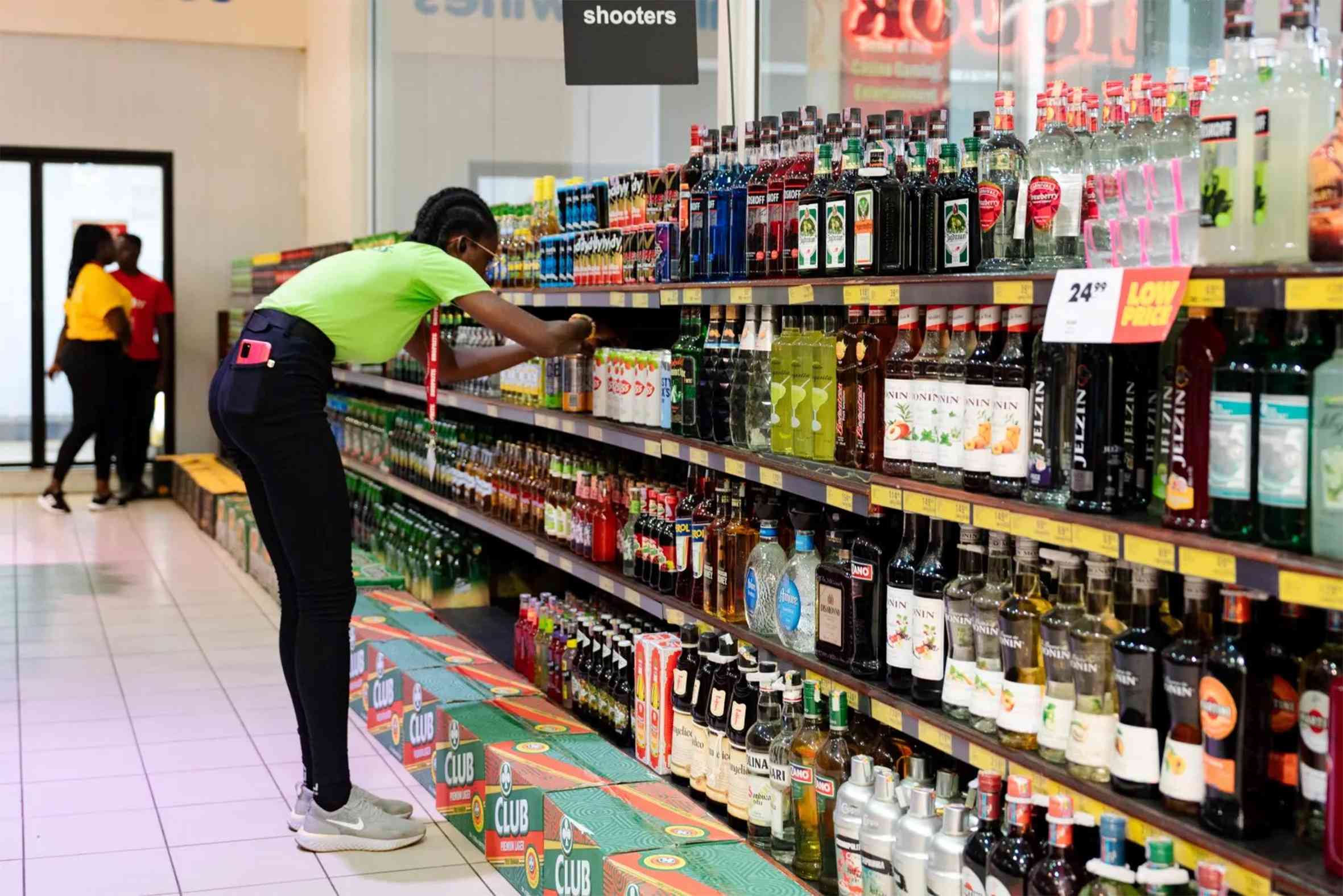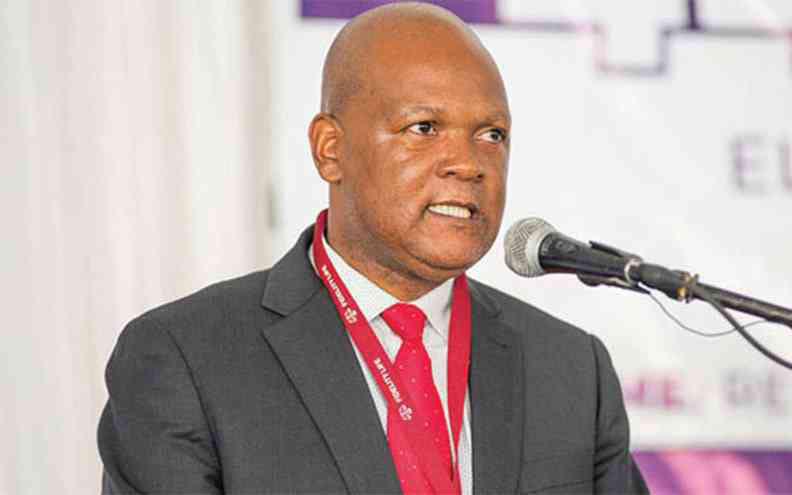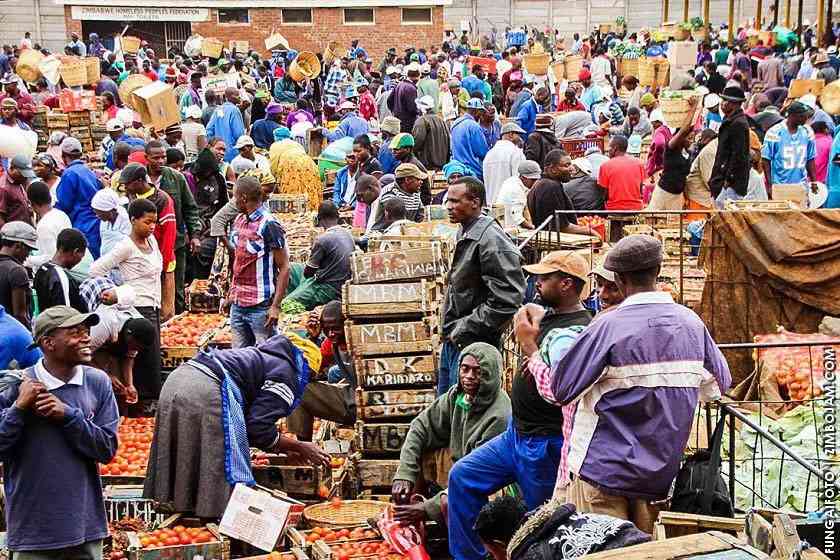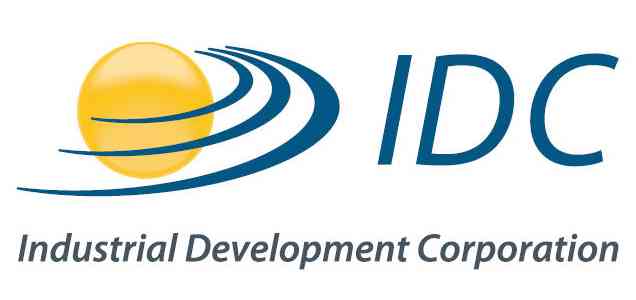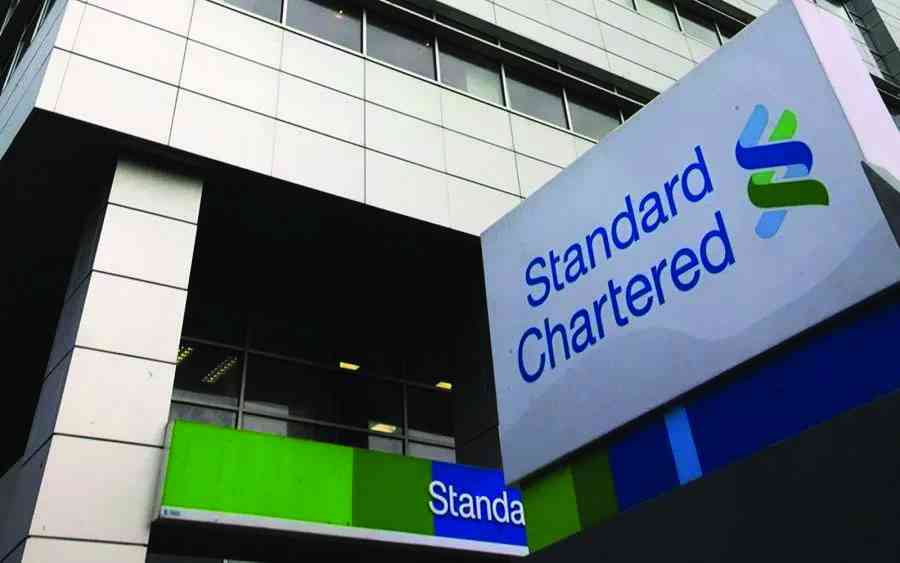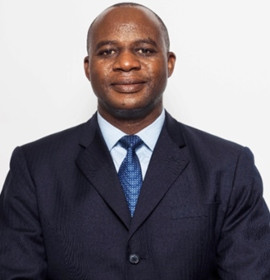
GLOBAL markets are increasingly slamming the doors on Zimbabwe government-issued debt guarantees, suspicious of Harare’s capacity to bailout companies in the event of defaults, industrialists indicated this week.
State guarantees typically stipulate that if a borrower defaults on a loan, the government chips in and settles the debt.
But with Zimbabwe’s public debt spiralling to US$17,5 billion in 2022, about 50% of the country’s gross domestic product (GDP), lenders are querying government’s capacity to pay up when companies fail, according to Oswell Binha, chairperson at the CEO Africa Roundtable (CEO ART).
He was among key speakers at this week’s meeting between business and new Industry and Commerce minister Sithembiso Nyoni.
“The CEO ART does investment missions, and part of the feedback from these missions is the issues of debt, particularly as we discuss government guarantees,” Binha said. “Those are some of the responses from those with money (when dealing with Zimbabwean companies) as they require government guarantees.
“Unlocking the credit market is necessary for medium to long-term financing. A crippling national debt of up to US$17 billion, with a debt-to-GDP ratio of over 90% is not sustainable.
“Of concern is the puzzle of the split between local and foreign debt and inability of the country to repay arrears and penalties.”
Binha’s a view is shared by many of the country’s business leaders.
- Directors’ governance plan gets Central Bank nod
- Directors’ governance plan gets Central Bank nod
- Zimdollar shortage hits the country
- SMEs tax regime under review
Keep Reading
The disclosures were the latest evidence of headwinds confronting domestic firms as they scout for opportunities in foreign markets.
In an interview with the Zimbabwe Independent recently, Lawrence Nyazema, president of the Bankers Association of Zimbabwe, said central bank-issued letters of credit were also being rejected by global banks.
As a result, importers were being forced to pay cash upfront to foreign suppliers.
Zimbabwe’s debt has spiralled from US$600 million in 1980, following protracted defaults.
Industrialists said the debt should be tackled for Zimbabwe to rebuild a manufacturing sector, whose contribution to GDP has plummeted to 11%, from 25% during boom times in the 1990s.
“The task ahead is very huge,” Binha told Nyoni, who has been catapulted to head big industries after spending decades as the minister for small to medium-scale enterprises.
In February, Busisa Moyo, the man who headed a team of distinguished business leaders advising President Emmerson Mnangagwa on economic issues, said the country’s debt was far worse than portrayed.
Moyo, chairperson of the macro-economic cluster in Mnangagwa’s Presidential Advisory Council, said the country’s debt had surged to US$19 billion.
He said the high public debt was at the centre of Zimbabwe’s struggle to access lines of credit to rebuild its faltering economy, which has been grounded by high-level corruption, mismanagement and a damaging international embargo slapped on Zimbabwe about 23 years ago.
Moyo said trouble had spiralled out of control after Zimbabwe procrastinated to engage creditors after running into defaults. Around the same period, government was moving to set up a team of facilitators to drive its debt clearance plan.
It is the second such attempt by Zimbabwe to tackle the debt crisis after former finance minister Patrick Chinamasa’s Lima Plan flopped in 2015.
The Lima Plan faltered due to lack of political will as the late former president Robert Mugabe did not give it full support.
The current debt clearance drive is being championed by African Development Bank president Akinwumi Adesina and former Mozambican head of state, Joaquim Chissano, who in May laid out tough political and economic reforms that Harare has to achieve in order to regain international confidence.
During the May negotiations in Harare, Adesina and Chissano indicated that the debt clearance plan would only be viable if Zimbabwe dealt with concerns over a series of factors, including political and electoral reforms, before warning leaders that the world was watching, and Zimbabwe must work with everyone.
Chissano and Adesina wanted Zimbabwe to make a firm undertaking for holding free and fair elections from this year and beyond, while making sure conditions set under the Zimbabwe Democracy and Economic Recovery Act, a 23-year-old US law, are also met.
They said this would give them impetus to meet global leaders and tell them there is progress in the country.
Under the process, Zimbabwe was also told to stop multiple exchange rates — the driving force behind its 23-year-long meltdown.
Harare must also agree to transfer the Reserve Bank of Zimbabwe’s debt to government and ensure that all expenditures are accountable through the national budget, while the central bank ends all quasi-fiscal operations, they said.
The crisis now confronting Zimbabwe is that the August 2023 polls ended in dispute, with the opposition Citizens Coalition for Change leader Nelson Chamisa rejecting the presidential result.
It is not clear how creditor nations will react to opposition parties’ election rigging claims.
But international and regional election observer missions, including the one from the Southern African Development Community, produced adverse reports on the poll’s credibility.

